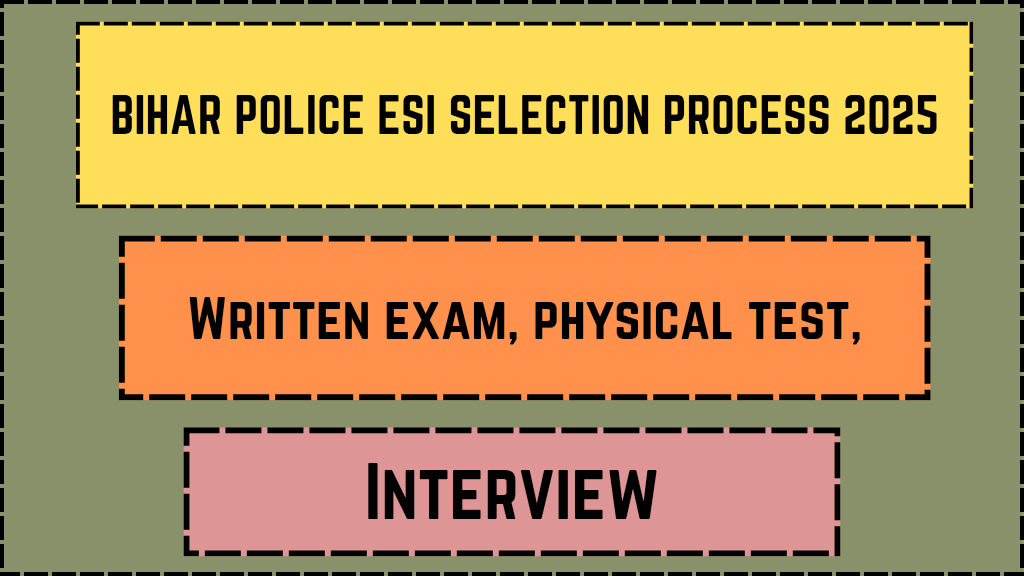The National Eligibility cum Entrance Test (NEET) UG 2025 is one of the most anticipated medical entrance exams in India. Conducted by the National Testing Agency (NTA), this exam is the gateway to securing a seat in prestigious medical and dental colleges across the country. Whether you’re a first-time aspirant or reappearing, understanding the eligibility criteria, age limit, and educational qualifications is crucial for a smooth application process. This article breaks down everything you need to know about NEET UG 2025 in a simple, user-friendly manner.
Key Highlights 📌
| Key Point | Details |
|---|---|
| Organization Name | National Testing Agency (NTA) |
| Exam Name | NEET UG 2025 |
| Exam Level | National |
| Exam Frequency | Once a year |
| Mode of Exam | Offline (Pen and Paper-based) |
| Eligibility Age Limit | Minimum 17 years (as of December 31, 2025) |
| Maximum Attempts | No limit (as per latest guidelines) |
| Educational Qualification | 10+2 with Physics, Chemistry, Biology/Biotechnology, and English |
| Official Website | ntaneet.nic.in |
Eligibility Criteria for NEET UG 2025 🎯
Age Limit
To appear for NEET UG 2025, candidates must meet the following age requirements:
- Minimum Age: You must be at least 17 years old as of December 31, 2025.
- Maximum Age: There is no upper age limit for NEET UG as per the latest guidelines.
This change has been a relief for many aspirants who were previously restricted by age barriers.
Educational Qualifications
Your academic background plays a significant role in determining your eligibility. Here’s what you need:
- Class 12 or Equivalent: You must have passed or be appearing for the 10+2 exam or equivalent in 2025.
- Mandatory Subjects: Your 10+2 must include Physics, Chemistry, Biology/Biotechnology, and English.
- Minimum Marks: You need to secure at least 50% marks (40% for SC/ST/OBC and 45% for PwD) in the PCB (Physics, Chemistry, Biology) group.
Nationality and Domicile Requirements 🌍
NEET UG 2025 is open to Indian nationals, NRIs, OCIs, PIOs, and foreign nationals. However, the seat allocation process varies based on your nationality:
- Indian Nationals: Eligible for all seats under the 15% All India Quota and 85% State Quota.
- NRIs/OCIs/PIOs: Can apply for seats under the NRI quota.
- Foreign Nationals: Must check with individual colleges for seat availability.
NEET UG 2025 Application Process 📝
Step-by-Step Guide
- Registration: Visit the official website ntaneet.nic.in and complete the registration process.
- Fill Application Form: Enter personal, academic, and contact details carefully.
- Upload Documents: Upload scanned copies of your photograph, signature, and required certificates.
- Pay Application Fee: Pay the fee online using debit/credit cards, net banking, or UPI.
- Submit and Print Confirmation: Review your application, submit it, and take a printout for future reference.
Exam Pattern and Syllabus 📚
Exam Pattern
NEET UG 2025 will follow a pen-and-paper-based format with 180 multiple-choice questions. Here’s the breakdown:
| Subject | Number of Questions | Marks |
|---|---|---|
| Physics | 45 | 180 |
| Chemistry | 45 | 180 |
| Biology (Botany + Zoology) | 90 | 360 |
| Total | 180 | 720 |
Syllabus
The syllabus is based on the NCERT curriculum for Classes 11 and 12. Key topics include:
- Physics: Mechanics, Thermodynamics, Optics, and Modern Physics.
- Chemistry: Organic, Inorganic, and Physical Chemistry.
- Biology: Genetics, Ecology, Human Physiology, and Biotechnology.
Important Dates to Remember 🗓
While the official dates for NEET UG 2025 are yet to be announced, here’s a tentative timeline based on previous years:
| Event | Tentative Date |
|---|---|
| Release of Notification | December 2024 |
| Start of Application Process | January 2025 |
| Last Date to Apply | March 2025 |
| Admit Card Release | April 2025 |
| Exam Date | May 2025 |
| Result Declaration | June 2025 |
Preparation Tips for NEET UG 2025 🚀
Study Plan
- Understand the Syllabus: Focus on NCERT books as they are the foundation of the NEET syllabus.
- Practice Regularly: Solve previous years’ question papers and take mock tests to improve speed and accuracy.
- Revise Thoroughly: Allocate time for revision, especially for Biology, which carries the highest weightage.
Time Management
- Daily Study Hours: Aim for 6-8 hours of focused study daily.
- Subject Allocation: Divide your time equally among Physics, Chemistry, and Biology.
- Breaks and Relaxation: Take short breaks to avoid burnout and maintain productivity.
Common Mistakes to Avoid ❌
- Ignoring NCERT: Many students overlook NCERT books, which are crucial for scoring well.
- Overloading with Resources: Stick to a few trusted study materials instead of juggling multiple books.
- Neglecting Mock Tests: Regular practice with mock tests helps you understand the exam pattern and manage time effectively.
By following these guidelines and staying consistent, you can crack NEET UG 2025 with confidence. Good luck! 🌟
Akash Singh is a content creator focusing on recruitment notifications and admit cards. He holds a degree in Business Administration and has 4+ years of experience. Akash enjoys simplifying job application processes and is a fitness enthusiast.







